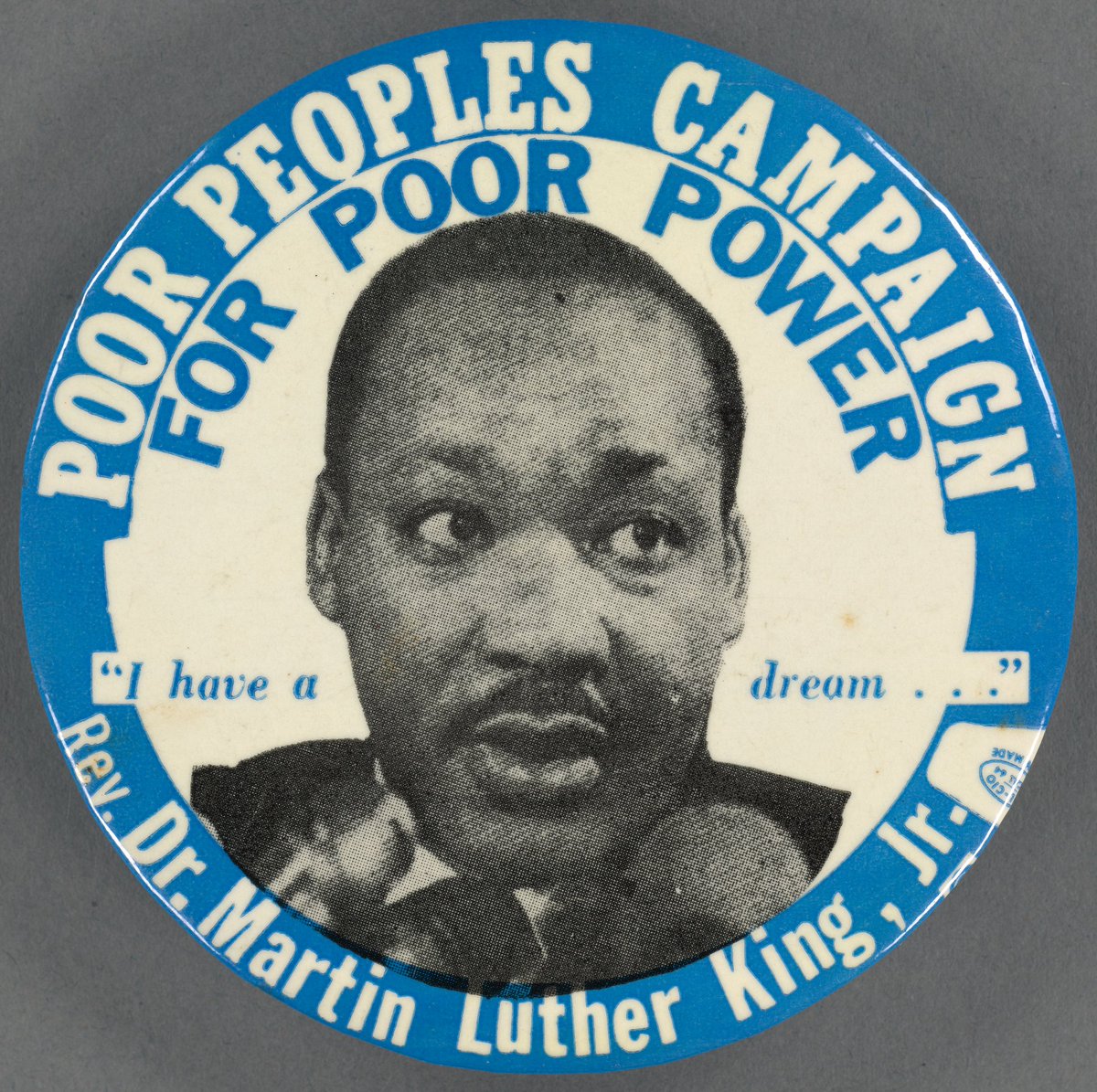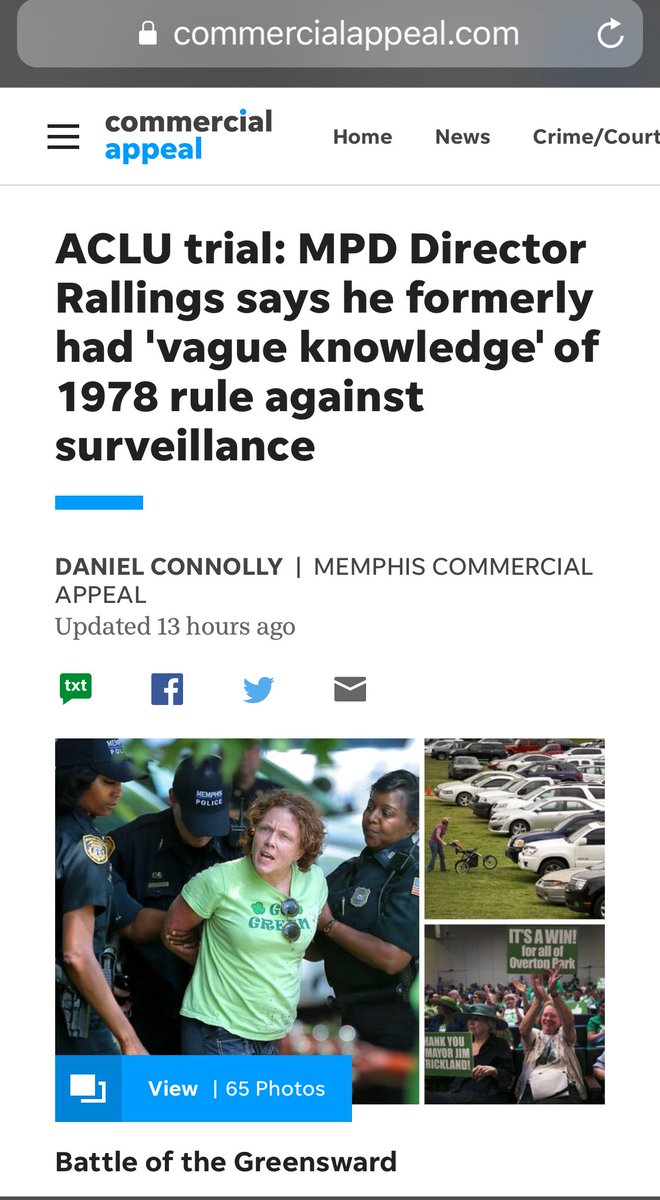But when he was actually alive and at work... three out of every four.
And then, as part of his lamentation, he speaks words that are haunting me today:
-- Matthew 23:29-33
blackpast.org/aah/three-fift…
Get real-time email alerts when new unrolls (>4 tweets) are available from this author!
Twitter may remove this content at anytime, convert it as a PDF, save and print for later use!

1) Follow Thread Reader App on Twitter so you can easily mention us!
2) Go to a Twitter thread (series of Tweets by the same owner) and mention us with a keyword "unroll"
@threadreaderapp unroll
You can practice here first or read more on our help page!





